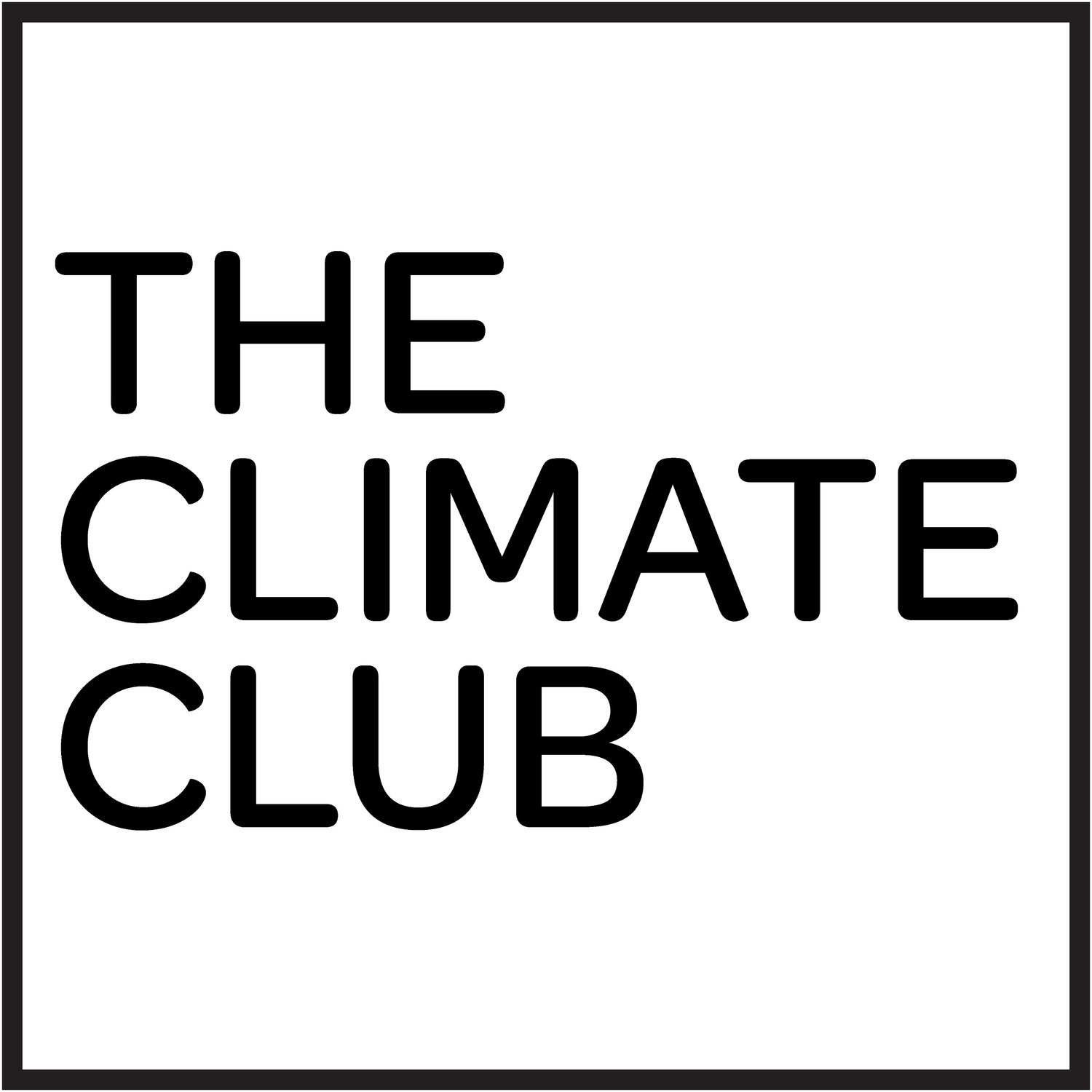The Impacts of Climate Change on Human Health and The Spread of Diseases
Climate change is primarily caused by human activities like burning fossil fuels, leads to long-term shifts in weather patterns and temperatures. This alteration, distinct from natural variability, results in warmer, wetter, or drier conditions over decades. Man-made gases, like carbon dioxide from burning fossil fuels, hold heat from the sun, making the Earth warmer. Industries and economic sectors that contribute heavily to climate change are agriculture, oil and gas operations, buildings, energy, land use, and transportation.
Global warming, mainly driven by increased greenhouse gas concentrations due to human activity, is a significant consequence of climate change, for which humans bear primary responsibility, despite natural processes also playing a role, impacting the planet similarly. The consequences of climate change and global warming are changes in precipitation, more significant flooding, increased droughts, rise in water scarcity, severe heat waves, and more sickness and death.
The Impacts of Climate Change on Human Health
Climate change significantly affects human health because it can lead to increased sickness and death due to storms and floods, extreme heat waves, interruptions in food supplies, rises in mental health problems, and greater spread of diseases. For example, hotter temperatures during the summer can negatively impact air quality, making it harder for people with respiratory illnesses to breathe, indirectly or directly affecting cardiovascular and heart disease, and exposing people to more heat exhaustion and related deaths. It also modifies the frequency or seriousness of medical issues and generates new or unexpected health problems in humans or locations that have not been previously impacted. These adverse health outcomes include increasing water-related and food-borne illnesses and pest-related diseases such as West Nile Virus, Lyme Disease, and Salmonella.
The Effects of Climate Change on The Spread of Diseases
Hotter summers and milder winters due to climate change create conditions where infectious diseases can spread more easily. Warmer temperatures support the growth and spread of pathogens like viruses, bacteria, and fungi, as they thrive in such environments, contributing to the rise in infectious diseases. Population density, social and economic status, and human distributions contribute to this effect. The increased risk of spreading these pathogens can lead to more epidemics of infectious diseases. Within a few months, epidemics can escalate to global pandemics.
Climate change and global warming cannot go unchecked because their long-term impacts are most detrimental to human health and can lead to more sickness and death. Building awareness of these trending environmental issues can help humans develop a deeper understanding of the risks associated with climate change and global warming so they can start making more informed choices toward living a more sustainable and environmentally friendly lifestyle.

